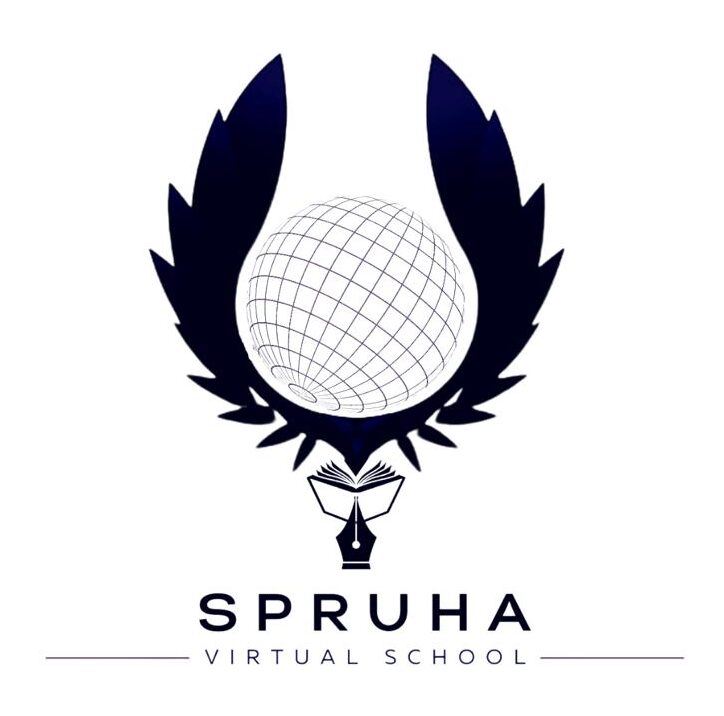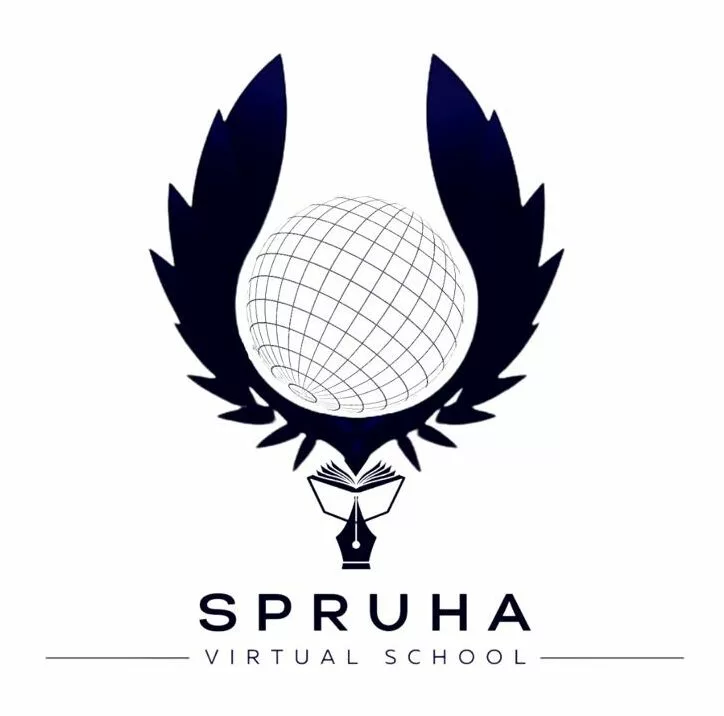In the midst of a rapidly changing educational landscape, many parents are turning to homeschooling as a viable option. The pandemic has intensified this shift, prompting questions about how to best educate children from home. One popular choice is K12 Online School. In this blog post, we’ll dive deep into how K12 works, answering common questions and sharing personal experiences to help you make an informed decision.
What is K12 Online School?
K12 is a provider of online curriculum and educational materials for students from kindergarten through 12th grade. In California, for example, K12 partners with California Virtual Academies (CAVA), which serves as the actual school, while K12 supplies the curriculum and learning resources. This partnership ensures that students receive a comprehensive education while learning from home.
Getting Started with K12
Starting with K12 is straightforward. My husband first discovered K12, and we chose it because of its ease of use. Here’s a step-by-step look at how to get started:
- Enrollment: Visit the K12 website and select your state to find the partner school. Complete the online enrollment process.
- Materials: Once enrolled, you’ll receive all necessary books and materials. If needed, K12 also provides a loaned computer and printer.
- Orientation: Participate in an orientation session to understand the platform and your responsibilities as a learning coach.

The Role of the Learning Coach
In K12’s homeschooling model, the parent or guardian typically takes on the role of the learning coach. This role involves:
- Teaching Lessons: Although K12 provides structured lessons, the learning coach delivers the daily instruction.
- Submitting Work: Regularly submitting work samples as directed by the assigned teacher.
- Managing Schedules: Keeping track of lesson plans, tests, and class connects (virtual sessions with the teacher).
As a learning coach, expect to dedicate between 5 to 7 hours a day to your child’s education, depending on their pace and understanding of the material.
Daily Routine and Class Connects
A typical kindergarten day for my daughter Lily included seven subjects: literature, language arts, phonics, math, science, history, and an extracurricular activity like art. Here’s how we structured our day:
- Morning Session: Start with core subjects such as math and language arts.
- Class Connects: Daily virtual sessions with the teacher, lasting 30 to 45 minutes, provide interaction and review of lessons.
- Afternoon Session: Focus on science, history, and extracurricular activities.
Class Connects are a highlight for students, offering a chance to interact with teachers and classmates, making the online experience more engaging and less isolating.
Flexibility in Homeschooling
One of the greatest advantages of K12 homeschooling is its flexibility. Unlike traditional schools, you can tailor the schedule to fit your family’s needs. Here are some tips to make the most of this flexibility:
- Break Up the Day: Divide lessons between morning and afternoon to avoid burnout.
- Catch Up on Weekends: Use weekends to catch up on missed lessons or get ahead.
- Custom Schedule: Adjust the daily schedule to accommodate family activities or appointments.
Cost and Resources
A common concern is the cost of homeschooling with K12. The good news is that K12’s public school option is completely free. This includes:
- Books and Materials: All necessary materials are provided at no cost.
- Technology: If needed, K12 supplies a loaned computer and printer.
- Support: Access to teachers, counselors, and additional resources is included.
For those interested in more specialized or private options, K12 does offer private programs, though details on these are less commonly discussed.
Organization Tips
Staying organized is crucial for successful homeschooling. Here are some strategies that have worked for me:
- Wall Calendar: Use a large calendar to track important dates such as test days and PE logs.
- Daily Planner: Invest in a planner to keep daily lessons and activities in check.
- Digital Tools: Utilize apps and digital organizers to streamline your schedule.
Frequently Asked Questions
Is the curriculum challenging?
Many parents worry about the difficulty of the curriculum. While it can be challenging, especially in the early grades, it’s also incredibly rewarding. Watching your child learn and grow is a fulfilling experience.
Can we get ahead in the curriculum?
Yes, you can advance through lessons at your own pace, allowing for a tailored educational experience that meets your child’s needs.
What about socialization?
Class Connects provide daily interaction with teachers and peers. Additionally, there are opportunities for in-person meetups and social activities, although these may be limited during the pandemic.
Is K12 really free?
Yes, the public school option through K12 is free, including materials and technology support. There are private options available for those interested.
K12 Online School offers a flexible, comprehensive homeschooling option that provides structure and support for both parents and students. By taking on the role of a learning coach, you can ensure that your child receives a quality education from the comfort and safety of your home. If you have more questions or need further information, feel free to reach out in the comments. Don’t forget to like, subscribe, and check out my homeschool playlist for more tips and insights!

